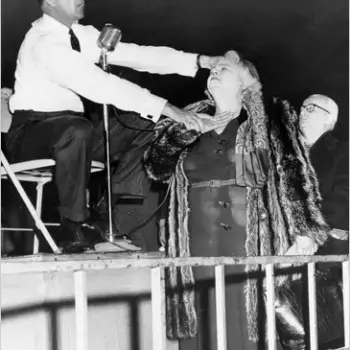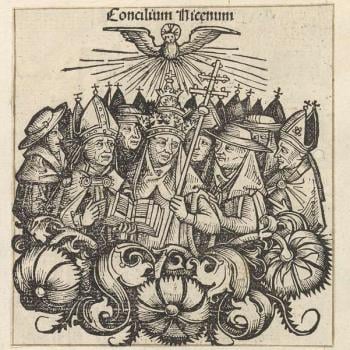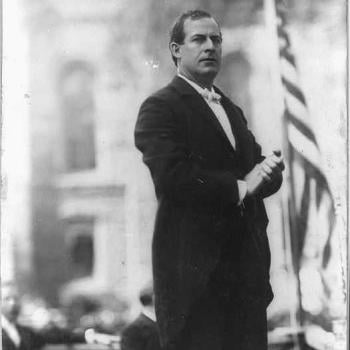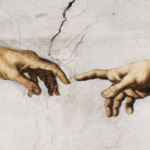There were the Robber Barons, the 1%, and those the Democrats demonize as “the rich.” But they are Salvation Army bell ringers compared to Jakob Fugger, the 16th century money man who was one of the founders of the banking system and a prime mover in many of the royal schemes, shady investments, and bribery conspiracies in the late-Middle Ages and early Renaissance.
It was the Fuggers who lent the money used by the Archbishop of Mainz to bribe the Pope into appointing him to various church offices, with the three-way agreement that the loan would be paid back through the sale of indulgences in Germany. A venture that led a certain monk to post 95 theses.
The Fugger fortune is long gone, but Jakob set up an endowment to provide housing for poor people, on the condition that they would pray each day for his soul’s release from Purgatory. This is still going on! The cost of the rent has not gone up for 500 years and comes to just $1.23 per month. And the beneficiaries are still praying for him, which suggests that he must still be in Purgatory after 500 years.
From Mike Esterl, In This Picturesque Village, the Rent Hasn’t Been Raised Since 1520 – WSJ:
Every day, retired florist Rita Wunderle prays for the souls of bankers.
Despite daily headlines about banker-fueled economic crisis and an alleged $50 billion Ponzi scheme, her 145 neighbors pray, too.
Mrs. Wunderle lives in the Fuggerei, a Roman Catholic housing settlement for the poor that Jakob Fugger “The Rich” built in this southern German city nearly 500 years ago. Praying for Mr. Fugger and his descendants to enter the Pearly Gates is a condition for living here, at an annual rent of 1 Rhein guilder, the same as in 1520. In today’s money, that’s 88 euro cents, or about $1.23.
Jakob the Rich was Wall Street long before it existed. He minted coins for the Vatican, bankrolled the Holy Roman Empire and helped steer Europe’s spice trade in the early 16th century to become one of the wealthiest and most powerful financiers in history. He left more than seven tons of gold to his successors — and a good deed.
Much of the Fugger business empire crumbled over the next 150 years, battered by wars and soured credits. But the walled Fuggerei, with its picturesque lanes and seven gates in the heart of this onetime European banking capital, still stands.
As in medieval times, the Fuggerei enclave is locked at night. Residents take turns manning the gatehouse to open up for late stragglers and fine them (between 50 cents and a euro, depending on the hour).
They promise to say three prayers — the Lord’s Prayer, Hail Mary and the Apostles’ Creed — each day to boost the celestial ambitions of the Fuggers. To remind them, the family built a church inside the entrance gate.
[Keep reading. . .]
HT: Paul McCain












